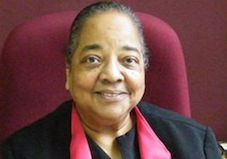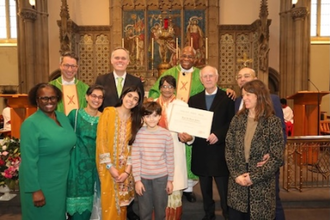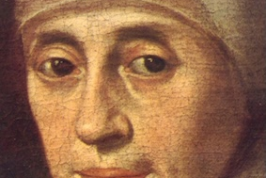Trinidad & Tobago: Emancipation and the challenges of freedom

Leela M Ramdeen
Last Saturday, 1st August, we commemorate the 182nd Anniversary of Emancipation in Trinidad and Tobago. Although The Abolition of Slavery Act was passed in August 1833 and came into effect on August 1, 1834, slavery was not really abolished in the British Caribbean until 1838.
After 1834 a "new raft of law-and-order measures" came into effect. "Under the new 'apprenticeships', newly 'freed' people were still expected to remain on the plantations and put in 10-hour days. Absenteeism would result in imprisonment in one of the many new jails (equipped with treadmills) that were being built to contain recalcitrant workers. Additional tiers of 'special officers' and stipendiary magistrates were created to police the changes. 'Apprentices' could still be flogged without redress; females included…The effects of emancipation in the British West Indies varied from island to island. The apprenticeship scheme would come to an end only in 1838".
As someone who has African blood running through my veins, it is with a deep sense of pride that I continue to educate myself about the struggles of those persons of African origin whose indomitable spirit and relentless quest for freedom have led us eventually to this juncture. Do our educators find time in the curriculum to share information about resistance/uprisings/rebellions by slaves in various parts of the world e.g. Nanny of the Maroons in Jamaica, Toussaint Louverture and Jean-Jacques Dessalines in Haiti, Bussa in Barbados; Nat Turner in the USA? How many of you have told your children the story of people like abolitionist and political activist, Harriet Tubman, who fearlessly risked her life to rescue more than 70 enslaved persons, including family and friends in the USA? Or do we only tell students/children about action to end slavery by people such as William Wilberforce?
Too often the history of people of African origin starts with the transatlantic slave trade, when it should commence with the rich history of Africa from which millions were enslaved and taken to various parts of the world. Let us not forget to highlight the devastating negative effects of colonialism and imperialism, not only on persons of African origin, but on many other ethnic groups. Sadly, it is estimated that about 40.3 million individuals are victims of modern day slavery, with 71% of those being female, and one in four being children.
What does Emancipation mean to people of African origin in TT today? Is our democracy working for everyone today? TT has gained Independence and Republican status; we are paddling our own canoe. We have made progress in many spheres of life, but we still have some way to go to create conditions that will enable everyone to live with a modicum of dignity. Many still dream of equality and equity.
The Vatican II document: Gaudium et Spes, reminds us that: "A just society can become a reality only when it is based on the respect of the transcendent dignity of the human person…Hence, the social order and its development must invariably work to the benefit of the human person, since the order of things is to be subordinate to the order of persons, and not the other way around."
While it is important to celebrate our rich African heritage, and acknowledge the many accomplishments of people of African origin, let us also reflect on the areas that we need to address. NJAC chairman, Aiyegoro Ome, rightly stated in Newsday on 22 July: "Africans should use Emancipation Day as a family commemoration so that they can become more knowledgeable about their several African achievements. Remember, Africans are now halfway through the UN-declared International Decade of Persons of African Descent (2014-2025).
"We should use Emancipation Day at home to pay attention to our health, covid19 notwithstanding". He mentions issues such as non-communicable diseases, especially diabetes and hypertension, prostate cancer, sickle cell trait and sickle cell disease. "At the social level, African families, in certain marginalised communities where people are stigmatised, must take action against the decline of their living, trapped as they are within dysfunctional families, subjected to inferior schooling and abused by criminal elements...Emancipation Day at home 2020 must become yet another stepping stone toward an African Renaissance..."
As we prepare to go to the polls on 10 August, let us not forget that we will only truly achieve our goals as a nation when we view our diversity as a source of strength. I believe that it is possible to have unity and harmony in diversity.
Leela Ramdeen is Chair of the Catholic Commission for Social Justice in the Archdiocese of Port of Spain, Trinidad & Tobago, (CCSJ) and Director of CREDI


















